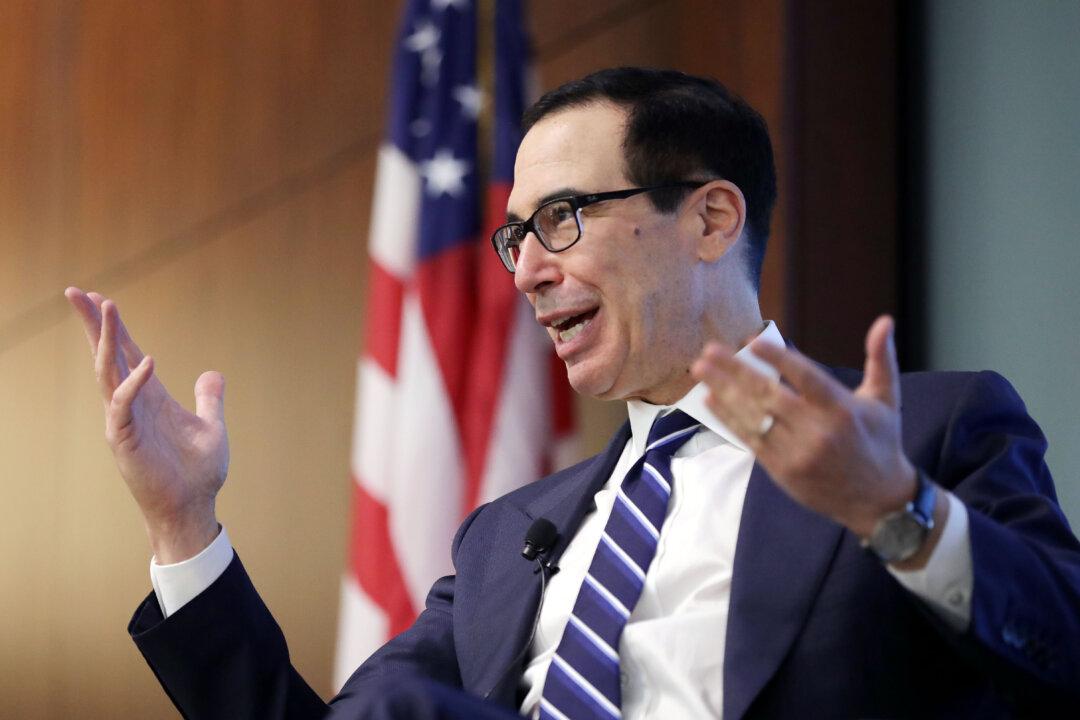WASHINGTON—Treasury Secretary Steven Mnuchin refused to comply with a congressional subpoena for President Donald Trump’s tax returns on May 17.
Mnuchin rejected the request from House Ways and Means Committee Chairman Richard Neal, a Democrat, saying that it lacks “a legitimate legislative purpose.”





